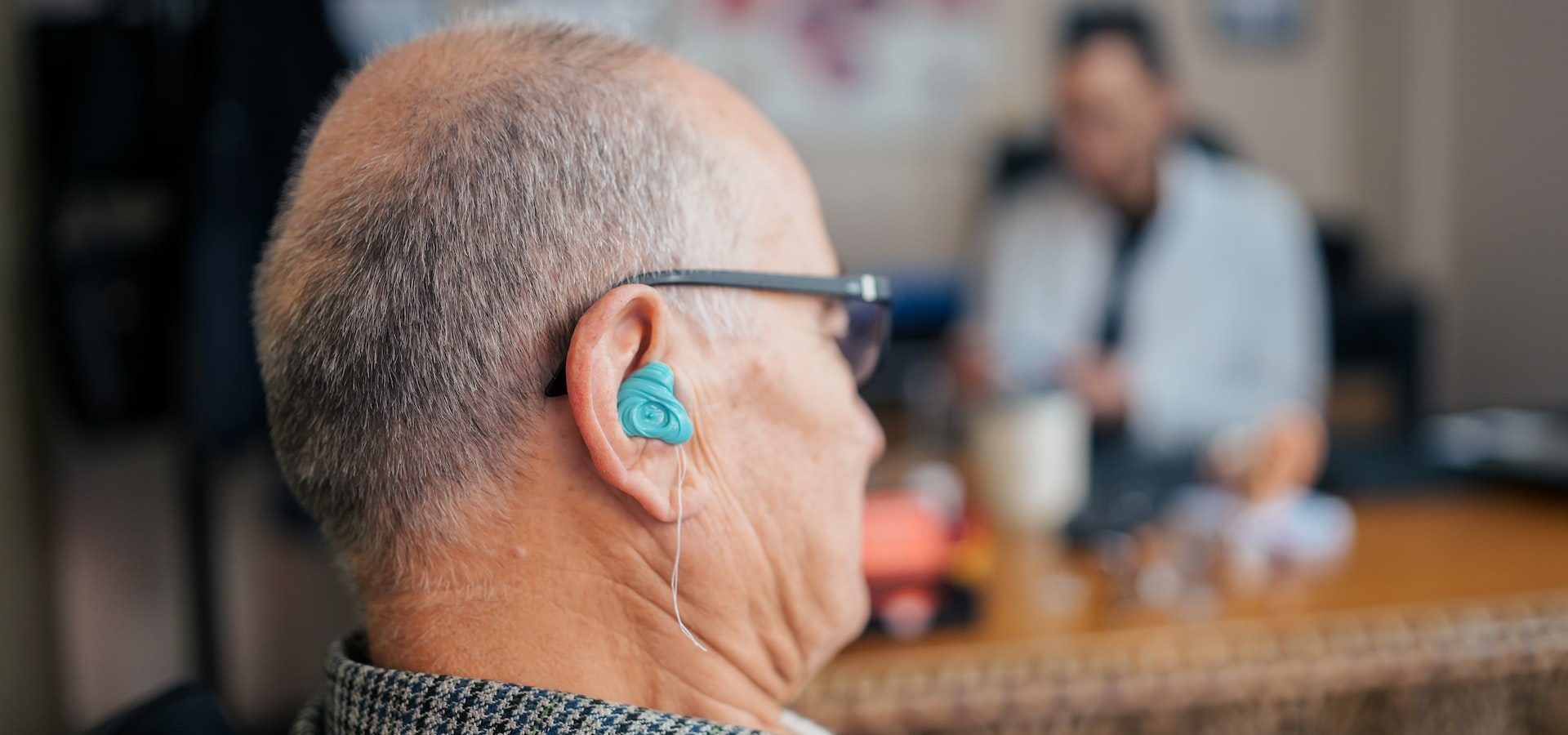Menu

Hearing loss is a debilitating condition that affects millions of people around the world and can have a significant impact on a person’s quality of life. Unfortunately, it can develop slowly over time, making it difficult for those affected to notice the changes.
Fortunately, a hearing test is critical to stopping the progression of hearing loss and ensuring that the necessary steps are taken to maintain your hearing. With regular testing, you will enjoy the following benefits:
Reduces Cognitive Decline
The importance of regular hearing tests cannot be overstated. Recent research suggests that routine tests may reduce the risk of cognitive decline, such as dementia or Alzheimer’s disease, in older adults.
Hearing loss is common among older adults and, if left untreated, can lead to social isolation, poor health, and, ultimately, cognitive decline. Studies have shown that the deterioration of hearing can dramatically affect the brain. Hearing loss has been associated with an increased risk of dementia in older adults.
Fortunately, regular testing can help to mitigate the risk of cognitive decline. Detecting hearing loss can help reduce the amount of time a person spends in social isolation. Additionally, hearing aids can help to improve communication, which can help to reduce the risk of cognitive decline.
Diagnosis of Pre-Existing Hearing Conditions
These tests are an essential tool that can help diagnose pre-existing hearing conditions. They can help identify any potential issues with hearing and provide valuable insight into the overall health of a person’s hearing.
Hearing exams involve various components and are conducted in a specialist clinic or audiology office. They include using specialised equipment to measure sound waves and frequencies to determine the overall sound level in a person’s environment. The tests also involve using specialised tools such as earphones and microphones to detect different tones and sounds.
The tests assess a person’s ability to hear and understand different sounds and tones. The results of the tests can provide information about any potential hearing loss or other issues that may be present. This information can then be used to develop a treatment plan or give advice on managing hearing conditions better.
Stops Further Hearing Loss
As mentioned, hearing loss can occur gradually over time and can be very difficult to detect. Regular tests are the best way to detect hearing loss early and prevent further damage. Regular testing allows you to catch any changes in your hearing before they become too severe.
Regular tests can also help you identify hearing loss in children and infants. Hearing loss in children can affect their speech and language development and, if left untreated, can lead to serious developmental delays. Regular testing for children can ensure that any hearing loss is caught and treated early on.
In addition to early detection and prevention of hearing loss, regular tests can also help you identify any other potential causes of hearing loss. It can include infections, medications, or other medical conditions impacting your hearing.
Conclusion
Regular hearing tests are essential to preserving your hearing. They allow you to detect any hearing loss early and prevent further damage. These tests can also help you identify other medical conditions impacting your hearing. So take the time to get your hearing tested regularly – it could be the difference between preserving your hearing for years to come and dealing with serious hearing loss.
If you are looking for a hearing clinic in Langley for your hearing test, you should visit Fraser Valley Beltone. We are licensed to carry out this test and diagnose the root cause of any hearing problem. So, schedule an appointment!
Share Post
Facebook
Twitter
LinkedIn
Email
Reddit
Pinterest
